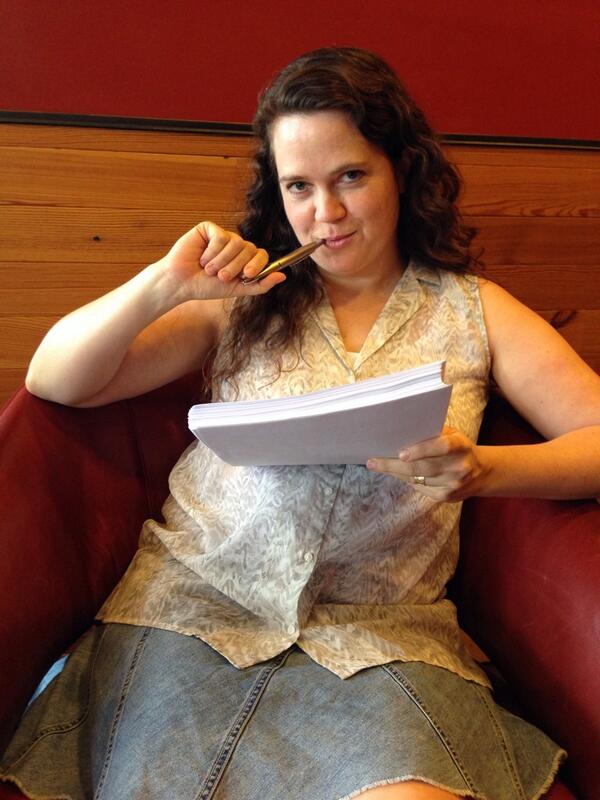Xtra review of More Than Two
At Canada's national gay news site, Niko Bell reviews Franklin Veaux's and Eve Rickert's forthcoming book More Than Two:
More Than Two challenges accepted polyamory pacts
By Niko Bell
French philosopher Jean-Paul Sartre is perhaps the most prolific non-monogamist of the last century. His life-long open relationship with philosopher and feminist (and bisexual) Simone de Beauvoir, with whom he shared a belief in authentic personal freedom, is legendary. He was not, however, entirely ethical.... Perfect authentic freedom, in Sartre’s case, was licence to be a dick.
Modern polyamory, as with Sartre, often expresses itself as a desire for freedom: freedom from tradition, monogamy, boredom or sex-negativity. Traditional relationship rules are replaced with self-tailored agreements, anything being acceptable as long as it is agreed to. Unfortunately, as with Sartre, it is quite possible to keep agreements and still be a pain in the ass.
Writers Franklin Veaux, from Portland, and Eve Rickert, from Vancouver, take a stab at this problem in their new book More Than Two: A Practical Guide to Ethical Polyamory.
Eve editing hardcopy of the book.
Veaux and Rickert argue that, while there may be no perfect way to be non-monogamous, there are certainly some very bad ones....
More Than Two is less like Sartre and more like his sterner predecessor, German philosopher Immanuel Kant. Kant, who reportedly died a virgin and never left his home town by more than ten miles, defined a moral action as one that treats people as ends, not means, and respects individual agency. Veaux and Rickert riff off Kant to create their own axioms: "don’t treat relationships as more important than people," and "don’t treat people like things."
...There is barely a mention of gay male relationships in the book, and no wonder — non-monogamy, as the authors point out, is intensely divided by sexuality. Straight polyamory, they write, still struggles with homophobia, while some gay people accuse polyamory of undermining gay societal acceptance. Some bisexual and trans people, the authors even suggest, flee to polyamory to escape gay and lesbian cultures that view them with suspicion.
This is the sort of tough problem with which the largely straight, cisgendered polyamorous world will have to grapple one day. To do so, they need a new normal of relationship theory, with its own rules, codes and ethics. More Than Two is a tentative step in that direction: a little more Kant, and a little less Sartre.
Read the whole review, with mixed opinions of the book overall (July 23, 2014).
[Permalink]
Labels: books, More Than Two

0 Comments:
Post a Comment
<< Home